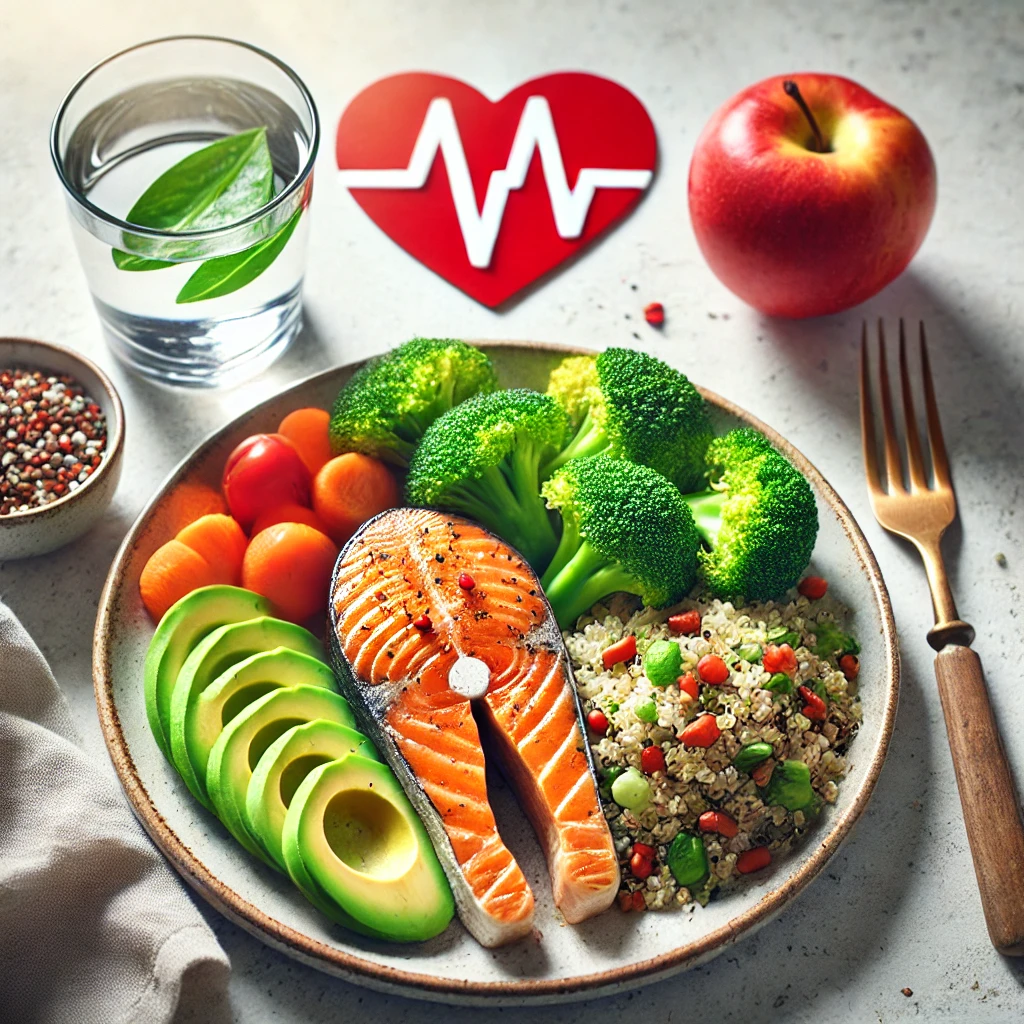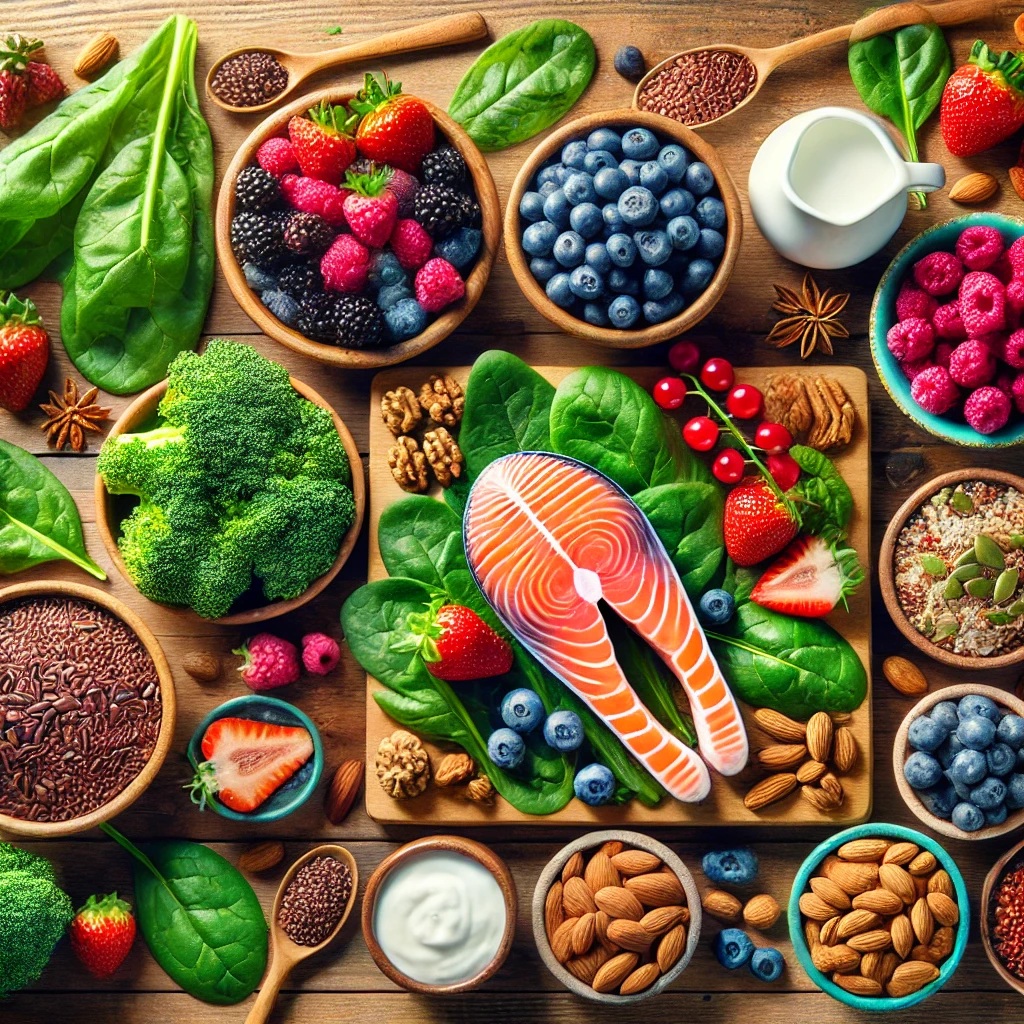Heart Disease and Nutrition: How to Keep Your Heart Healthy
Heart disease remains one of the leading causes of death worldwide, but proper nutrition can play a key role in reducing risk factors and promoting cardiovascular health. Here’s how your diet can help keep your heart strong. 1. Eat More Heart-Healthy Fats Healthy fats, such as those found in avocados, nuts, olive oil, and fatty fish, can help lower bad cholesterol and reduce the risk of heart disease. 2. Increase Fiber Intake Soluble fiber, found in oats, beans, and fruits like apples, can help lower cholesterol and improve heart health. 3. Reduce Sodium Consumption Too much sodium can contribute to high blood pressure. Limit processed foods and opt for fresh, whole ingredients instead. 4. Choose Lean Proteins Opt for lean meats like chicken and turkey, or plant-based proteins like tofu and legumes, instead of red and processed meats. 5. Stay Active and Hydrated Regular exercise, combined with proper hydration, enhances circulation and keeps the heart functioning optimally. 6. Cut Back on Sugary Foods Excess sugar consumption has been linked to an increased risk of heart disease. Focus on natural sugars from fruits and avoid processed sweets and sugary drinks. Conclusion A heart-healthy diet, combined with an active lifestyle, can significantly reduce the risk of cardiovascular disease. Making mindful dietary choices today can lead to a stronger, healthier heart for the future.
Heart Disease and Nutrition: How to Keep Your Heart Healthy Read More »



